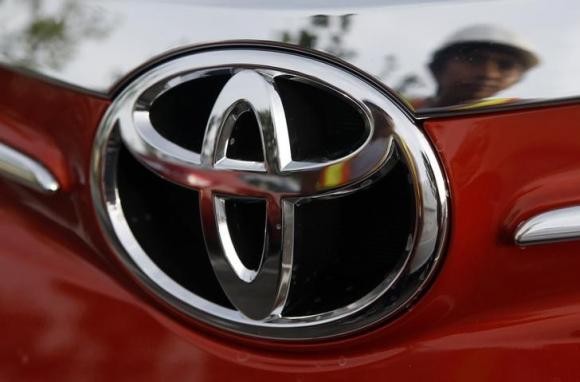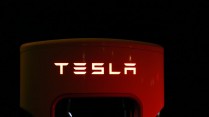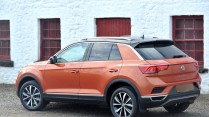Denso not seeking big M&A, could buy smaller firms
By MAKI SHIRAKI
Oct 07, 2014 11:43 AM EDT

(Photo : REUTERS/ERIK DE CASTRO)
Denso Corp (6902.T), the world's second-biggest car-parts supplier, does not plan to join global rivals in bulking up through a big merger but it is looking to buy smaller parts makers with niche technologies, the company's head said.
German car-parts supplier ZF Friedrichshafen [ZFF.UL] last month agreed to buy U.S.-based TRW Automotive Holdings Corp (TRW.N), a combination that will would surpass Denso in revenues and be second to Germany's Robert Bosch GmbH [ROBG.UL].
"We have no intention to acquire a big company," Chief Executive Nobuaki Katoh told Reuters.
"But there are companies that are small while having specific technologies that stand out, and if it's possible we would like to acquire companies like that," he said in an interview this week. He declined to specify any companies.
The competitive landscape of the automotive-parts industry is shifting as the world's biggest automakers, including Toyota Motor Corp (7203.T) and Volkswagen AG (VOWG_p.DE), increasingly use common or modular parts in their vehicles, giving an upper hand to big global suppliers with a wide range of technologies.
"Automotive parts are becoming more modular and systematized based on their functions, and their structures are becoming more complicated," Katoh said. "That means it might not be possible for a single company to meet the demands of automakers."
Denso, which is 22.3 percent owned by Toyota and is a major supplier to the Japanese giant, could also cooperate with other firms to jointly develop technologies and products, Katoh said.
Customers increasingly expect parts suppliers to move beyond their traditional products and supply such gear as infotainment systems and self-driving technology.
Denso, spun off from Toyota in 1949, manufactures a range of traditional automotive parts such as gasoline and diesel fuel-injection systems and air conditioners. Recently, it has moved into automated driving technology and infotainment.
Last year, it invested in Adasens Automotive, a German-based company that develops driver-assistance systems using cameras, a move aimed to strengthen Denso's image-recognition technologies.
In the coming years, Denso will focus on developing advanced driver assistance and active safety systems, Katoh said.
Denso has expanded its global capacity rapidly. Last year, it started operating a new 4.2 billion yen ($39 million) plant in India and in March a 9.4 billion yen plant in Indonesia. It invested 10.7 billion yen to expand capacity at a Mexican plant.
"Global suppliers need to have the ability to manufacture and supply products all around the world and to be capable of combining several technologies to be offered as a system - such as safety systems, environmental systems or power-train systems - rather than a single component," Katoh said.
Denso, Japan's 14th-biggest company by market value, relies on the Toyota group -- Daihatsu Motor (7262.T) and Hino Motors (7205.T) -- for 48.8 percent of revenue but Katoh reiterated the stance to expand the share from other automotive clients.
"It's not that we will have less business with Toyota, but rather we are going to boost our business with other customers," he said.
Copyright @ MOTORTIMES, All rights reserved. Do not reproduce without permission.








